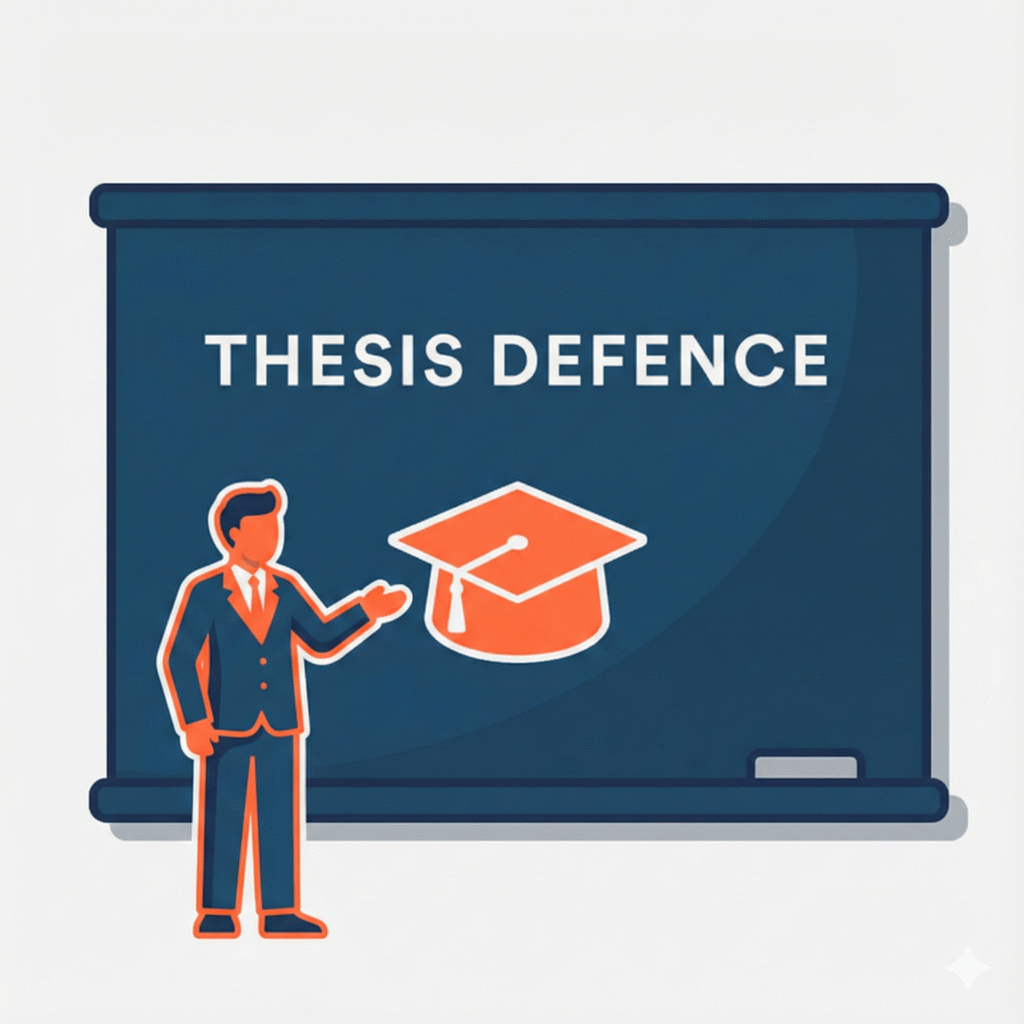Are you a postgraduate student drowning in research papers, struggling to organize your literature review, or racing against tight deadlines? The right AI tools for postgraduate studies can transform your academic journey, saving time, enhancing efficiency, and boosting the quality of your work. Whether you’re a Master’s or PhD student, these tools streamline tasks like literature reviews, data analysis, and academic writing.
At FuKazee, we specialize in teaching postgraduates how to integrate these AI tools into their workflows ethically and effectively through programs like our ScholarShift Accelerator and Transformation Bundle.
In this guide, we’ll explore the best AI tools for postgraduate studies, breaking down their pricing, functionality, and user reviews to help you choose the right ones for your research.
Why Use AI Tools for Postgraduate Studies?
Postgraduate research is no small feat. From sifting through hundreds of papers to crafting well-structured arguments, the workload can be overwhelming. AI tools can:
- Save Time: Automate repetitive tasks like summarizing papers or formatting citations.
- Enhance Quality: Improve writing clarity, identify research gaps, and refine arguments.
- Boost Productivity: Streamline data analysis and literature reviews, allowing you to focus on critical thinking.
At FuKazee, our ScholarShift Accelerator equips you with the skills to master these tools, ensuring you use them ethically to stay compliant with academic standards. Let’s dive into the top AI tools for postgraduate studies in 2025.
Top AI Tools for Postgraduate Studies
1. Scholarcy
Functionality:
- Literature Review: Breaks down articles, reports, and book chapters into bite-sized sections, highlighting key findings, limitations, and comparisons.
- Summarization: Generates one-sentence summaries to quickly assess a paper’s relevance.
- Organization: Creates flashcard-like summaries for easy reference, reducing screening time by up to 70%.
Pricing:
- Free Plan: Basic summarization and limited document uploads.
- Premium Plan: $8.33/month (annual billing) for unlimited uploads and advanced features.
- Institutional Plans: Contact Scholarcy for pricing.
Reviews:
- Pros: Users praise Scholarcy for saving hours on literature reviews and its user-friendly interface. It’s especially helpful for Master’s students managing broad research topics.
- Cons: Some users note that it works best with empirical studies (e.g., biomedicine) and may struggle with theoretical papers.
Why Choose It?: Scholarcy is ideal for postgraduates needing to process large volumes of literature quickly. FuKazee’s Transformation Bundle teaches you how to leverage Scholarcy’s summarization features to build robust literature reviews without missing key insights.
2. AskYourPDF
Functionality:
- Document Analysis: Extracts insights from PDFs, answering specific queries about content with high accuracy.
- Content Creation: Generates essays and articles with valid citations, integrating credible sources.
- Organization: Allows categorization, tagging, and searching of documents for streamlined workflows.
Pricing:
- Free Plan: Limited to 10 documents/day and basic features.
- Premium Plan: $14.99/month ($11.99/month annually) for 2,500 pages/document, 50 documents/day, and 1,200 questions.
- Pro Plan: $19.99/month ($14.99/month annually) for 6,000 pages/document, 150 documents/day, and unlimited questions.
Reviews:
- Pros: Researchers appreciate its precise answers and ability to summarize recent papers, keeping work up-to-date.
- Cons: The free plan’s limits can be restrictive for heavy users.
Why Choose It?: Perfect for PhD students needing to extract specific data from complex documents. FuKazee’s one-on-one sessions can guide you on using AskYourPDF to optimize your research process.
3. Consensus
Functionality:
- Search Engine: Searches over 200 million papers, using AI to find relevant studies and uncover connections between topics.
- Summarization: Provides one-sentence summaries of papers for quick relevance checks.
- Filtering: Allows filtering by date, study type, and journal quality.
Pricing:
- Free Plan: Full access to core search and summarization features.
- Premium Plan: Pricing not publicly disclosed; contact Consensus for details.
Reviews:
- Pros: Users love its ability to find high-quality, credible sources quickly, making it a go-to for scientific research.
- Cons: Limited transparency on premium pricing can be a drawback.
Why Choose It?: Consensus is a must for postgraduates in scientific fields. Our ScholarShift Accelerator teaches you how to use Consensus to identify research gaps and build a competitive edge.
4. ResearchRabbit
Functionality:
- Literature Mapping: Visualizes citation networks to track connections between studies and authors.
- Recommendations: Suggests papers based on your interests, similar to Spotify’s recommendation algorithm.
- Collaboration: Allows sharing collections and comments with peers.
Pricing:
- Free Plan: Full access to core features, including visualization and recommendations.
- No Paid Plan: Currently free, though future premium features may be introduced.
Reviews:
- Pros: Visual learners praise its interactive citation maps and time-saving recommendations.
- Cons: Limited public reviews; some advise caution due to lack of widespread feedback.
Why Choose It?: Ideal for both Master’s and PhD students exploring interdisciplinary research. FuKazee’s programs show you how to use ResearchRabbit’s visualizations to streamline your literature review.
5. Elicit
Functionality:
- Data Extraction: Analyzes 125 million papers, extracting key findings and summarizing abstracts in one sentence.
- Automation: Speeds up literature reviews by 50%, saving 5+ hours weekly for some users.
- Citation Support: Provides citable data extractions with quotes from original papers.
Pricing:
- Free Plan: Basic search and summarization features.
- Plus Plan: $10/month for advanced data extraction and unlimited searches.
- Enterprise Plan: Custom pricing for teams.
Reviews:
- Pros: Users highlight its speed and accuracy in empirical research fields like biomedicine.
- Cons: Less effective for non-empirical or theoretical studies.
Why Choose It?: Elicit is a game-changer for PhD students handling large datasets. FuKazee’s Problem-Solver Session can help you tackle specific challenges with Elicit, ensuring you maximize its potential.
6. Trinka
Functionality:
- Writing Assistance: Proofreads academic papers for grammar, spelling, and style, tailored for technical writing.
- Style Guide Compliance: Supports US and UK English, ensuring adherence to academic standards.
- Sentence Structure: Suggests optimal word choices and sentence improvements.
Pricing:
- Free Plan: Basic grammar and spelling checks.
- Premium Plan: $20/month for advanced features like style suggestions and unlimited documents.
Reviews:
- Pros: Researchers value its focus on academic writing, especially for non-native English speakers.
- Cons: Some find the premium plan pricey compared to general tools like Grammarly.
Why Choose It?: Trinka is perfect for polishing theses and dissertations. FuKazee’s coaching helps you integrate Trinka into your writing process while maintaining your academic voice.
How to Choose the Right AI Tool for Your Postgraduate Studies
Selecting the best AI tool depends on your research needs:
- Master’s Students: Focus on tools like Scholarcy and AskYourPDF for quick summarization and document organization to manage coursework and theses efficiently.
- PhD Students: Prioritize Consensus, ResearchRabbit, and Elicit for in-depth literature reviews and data extraction in specialized fields.
- Budget-Conscious Students: Opt for free plans from ResearchRabbit or Consensus, supplemented by FuKazee’s training to maximize their features.
- Ethical Use: Ensure you understand journal policies on AI use. FuKazee’s ScholarShift Accelerator teaches you how to cite AI tools properly and avoid plagiarism.
Why Learn with FuKazee?
Navigating the world of AI tools can be daunting, especially when academic integrity is at stake. At FuKazee, we empower postgraduate students to master AI tools through:
- ScholarShift Accelerator ($100 / KES 12,000): A 2-week cohort program teaching you how to choose and use AI tools for every stage of your research.
- Transformation Bundle (KES 10,000 for 4 sessions): Personalized one-on-one sessions to address your unique research challenges.
- Problem-Solver Session (KES 3,000/hour): A 60-minute deep-dive to solve specific, time-sensitive issues with AI tools.
Our programs ensure you not only use these tools but also understand their ethical applications, giving you a competitive edge in your studies and future career.
Conclusion
The best AI tools for postgraduate studies—Scholarcy, AskYourPDF, Consensus, ResearchRabbit, Elicit, and Trinka—can revolutionize your research process by saving time, improving quality, and streamlining workflows. By combining these tools with FuKazee’s expert guidance, you’ll master their features, stay ahead of academic trends, and finish your studies faster and smarter. Ready to take your research to the next level? Explore our ScholarShift Accelerator or book a Problem-Solver Session today!






